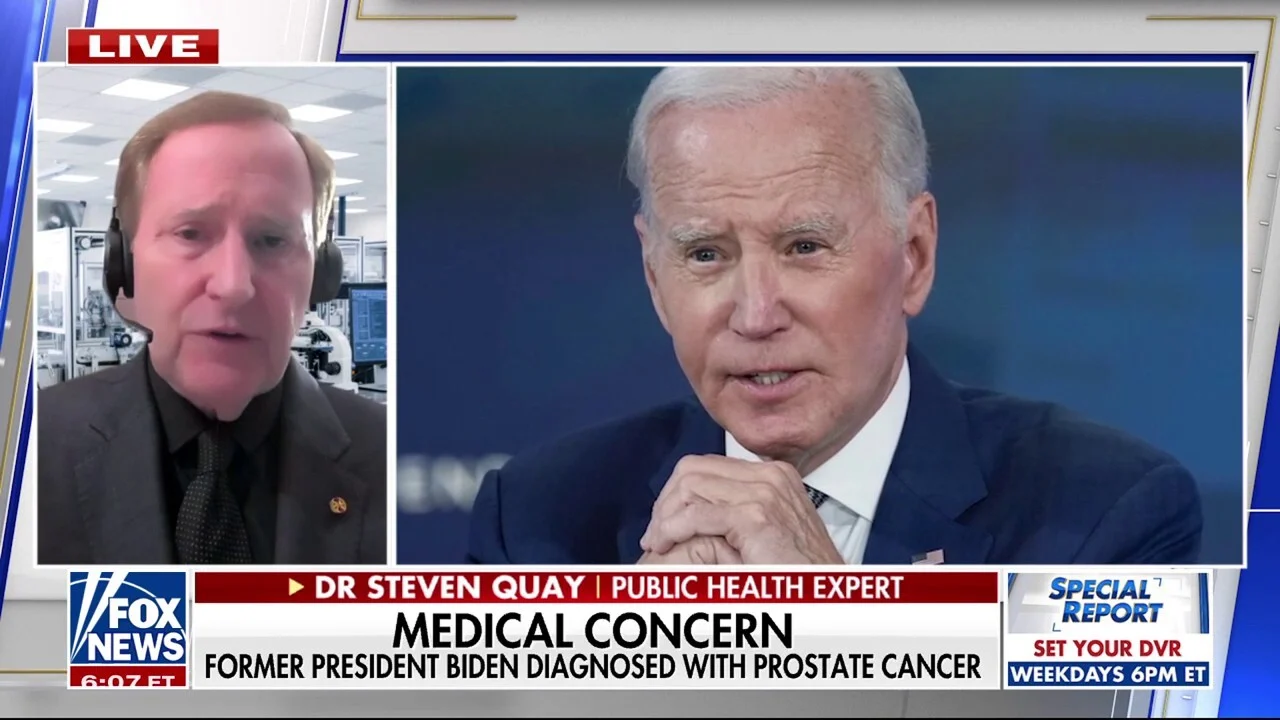- Unfiltered w/ Dan Bongino featuring Dr. Steven Quay
- October 18th, 2021
In this segment of “Unfiltered,” Dr. Stephen Quay discusses the discovery of remnants of the Nipa virus in the Wuhan Institute of Virology, suggesting potential safety breaches and raising concerns about the lab’s handling of highly lethal viruses. The Nipa virus, originating from bats and affecting the brain with a lethality rate ranging from 50% to 80%, poses significant risks if mishandled. Dr. Quay highlights the lab’s violation of safety protocols, as it was not equipped for the level of biosecurity required for such dangerous pathogens. The revelation prompts questions about whether the lab was conducting gain-of-function research to enhance the virus’s potency. Overall, the discussion underscores the alarming implications of such discoveries for global health security.




